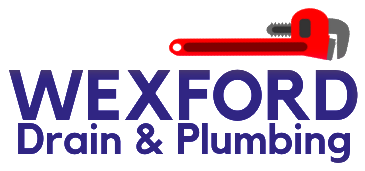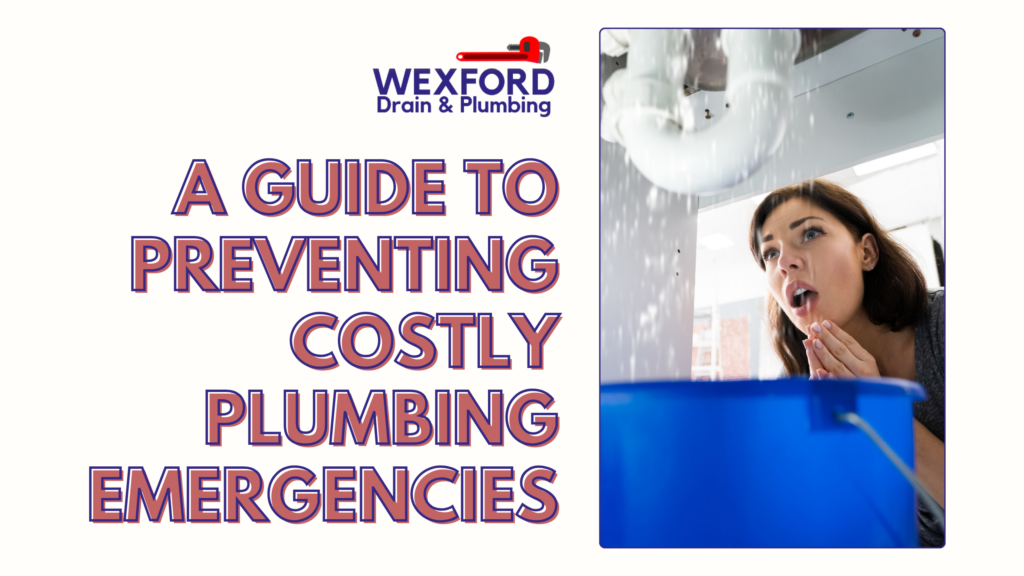Plumbing problems can be a homeowner’s worst nightmare. From leaky pipes to clogged drains, these issues can lead to costly repairs and disruptions to your daily life. However, with proper maintenance and a few preventive measures, you can significantly reduce the risk of plumbing emergencies. In this guide, we’ll explore steps you can take to keep your plumbing in top shape and avoid those unexpected and costly plumbing disasters.
Regular Inspection and Maintenance:
Check for Leaks:
The smallest leak can escalate into a major issue over time. Regularly inspect your plumbing for any signs of leaks, such as water stains, damp spots, or mold growth. Address any leaks promptly to prevent further damage.
Test Your Water Pressure:
High water pressure can strain your pipes and fixtures, leading to leaks and bursts. Invest in a water pressure gauge and ensure your pressure is within the recommended range (typically 40-60 psi).
Clean Drains and Gutters:
Clogged drains and gutters can cause water to back up and damage your plumbing. Routinely clean these areas to prevent blockages and potential water damage.
Kitchen Plumbing:
Avoid Pouring Grease Down the Sink:
Grease and cooking oil can solidify in your pipes, leading to clogs. Dispose of them in a sealed container instead of pouring them down the drain.
Use a Drain Strainer:
Install a drain strainer to catch food particles and debris before they enter your plumbing system. Regularly clean the strainer to maintain proper water flow.
Bathroom Plumbing:
Don’t Use Your Toilet as a Trash Can:
Flushing items like paper towels, feminine hygiene products, or baby wipes can lead to toilet clogs and sewer backups. Stick to flushing toilet paper only.
Fix Running Toilets:
A constantly running toilet not only wastes water but can also indicate a hidden leak. Repair any running toilets promptly to prevent water damage and high water bills.
Outdoor Plumbing:
Winterize Outdoor Faucets:
Before the winter freeze sets in, disconnect and drain outdoor hoses and faucets. Install frost-proof hose bibs to prevent frozen pipes.
Inspect Your Sprinkler System:
Before the irrigation season starts, check your sprinkler system for leaks and broken pipes. Proper maintenance can save water and prevent costly repairs.
Water Heater Maintenance:
Flush Your Water Heater:
Sediment buildup in your water heater can reduce efficiency and shorten its lifespan. Periodically flush the tank to remove sediment and improve performance.
Check for Leaks and Rust:
Inspect your water heater for signs of leaks or rust. If you notice any issues, consult a professional for repairs or replacement.
Professional Inspections:
Schedule Regular Plumbing Inspections:
Consider having a professional plumber conduct annual or biannual inspections of your plumbing system. They can detect hidden issues and perform preventive maintenance.
Emergency Shut-off Valves:
Ensure that everyone in your household knows the location of emergency shut-off valves for water and gas. This knowledge can prevent further damage in case of a plumbing emergency.
Conclusion:
By taking these preventive measures and staying proactive, you can significantly reduce the risk of costly plumbing emergencies. Regular maintenance and simple habits can save you both time and money, allowing you to enjoy a worry-free plumbing system in your home. Remember, investing in preventive maintenance today can save you from the stress and expense of plumbing disasters tomorrow. Contact us today!

